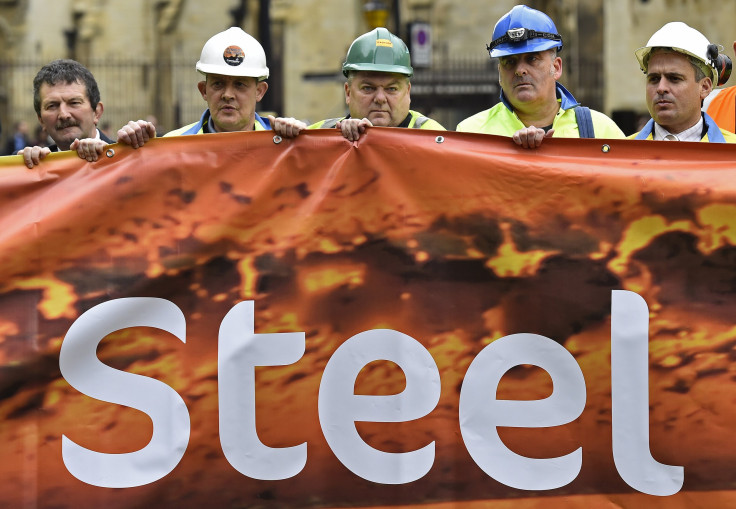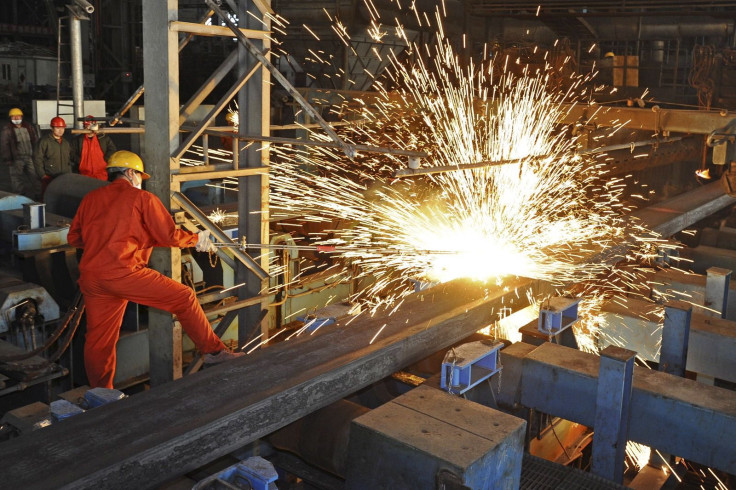China’s Growing Steel Shipments Spur Protests As Prices Are Expected To Plunge In 2016

The slowdown in China’s economic growth, now at its slowest since the early 1990s, is creating havoc in the global steel market, and it’s likely to worsen in 2016, analysts say. Exports China, which produces 49 percent of the world’s steel, has competitors across the globe calling for retaliatory trade measures.
"The steel industry is passing through a very difficult phase, with most of the steel units running into losses,” Naveen Jindal, chairman of Jindal Steel & Power Ltd., told reporters Monday after meeting with officials from Odisha state, where the company operates several plants. Jindal, who heads India’s third-largest steel producer, said China and other major producers Japan and Korea are dumping steel on India, causing mills in India to slow or shut down. “We are hopeful that the government will take necessary action.”
Jindal is part of a growing chorus of steel producers concerned about China’s contribution to a growing global steel glut. Last week, a U.S. Commerce Department preliminary report called for a 256 percent tariff on stainless steel product from China, accusing producers there of exporting steel at unfairly low prices.

The price of so-called hot-rolled coil steel, which is used in everything from cars to freight containers, could drop by as much as 13 percent, according to Macquarie Group Ltd., which estimates that China’s steel export rose to 100 million metric tons in 2015 and would likely remain at that level for the rest of the decade.
"We're past peak steel demand,” Colin Hamilton, Macquarie's head of commodities research, told Bloomberg News earlier this month. “I think, provided there is overcapacity in the Chinese system and given where demand is, it's going to be like this for some time."
Macquarie forecasts that the average price for a ton of steel will drop to about $267 in 2016, from $309 this year.
In November, nine U.S., South American and European steel industry bodies alleged that China was the predominant cause for the current supply glut: “The global steel industry is currently suffering from a crisis of overcapacity and the Chinese steel industry is the predominant global contributor to this problem,” the associations said in a joint statement.
© Copyright IBTimes 2024. All rights reserved.






















